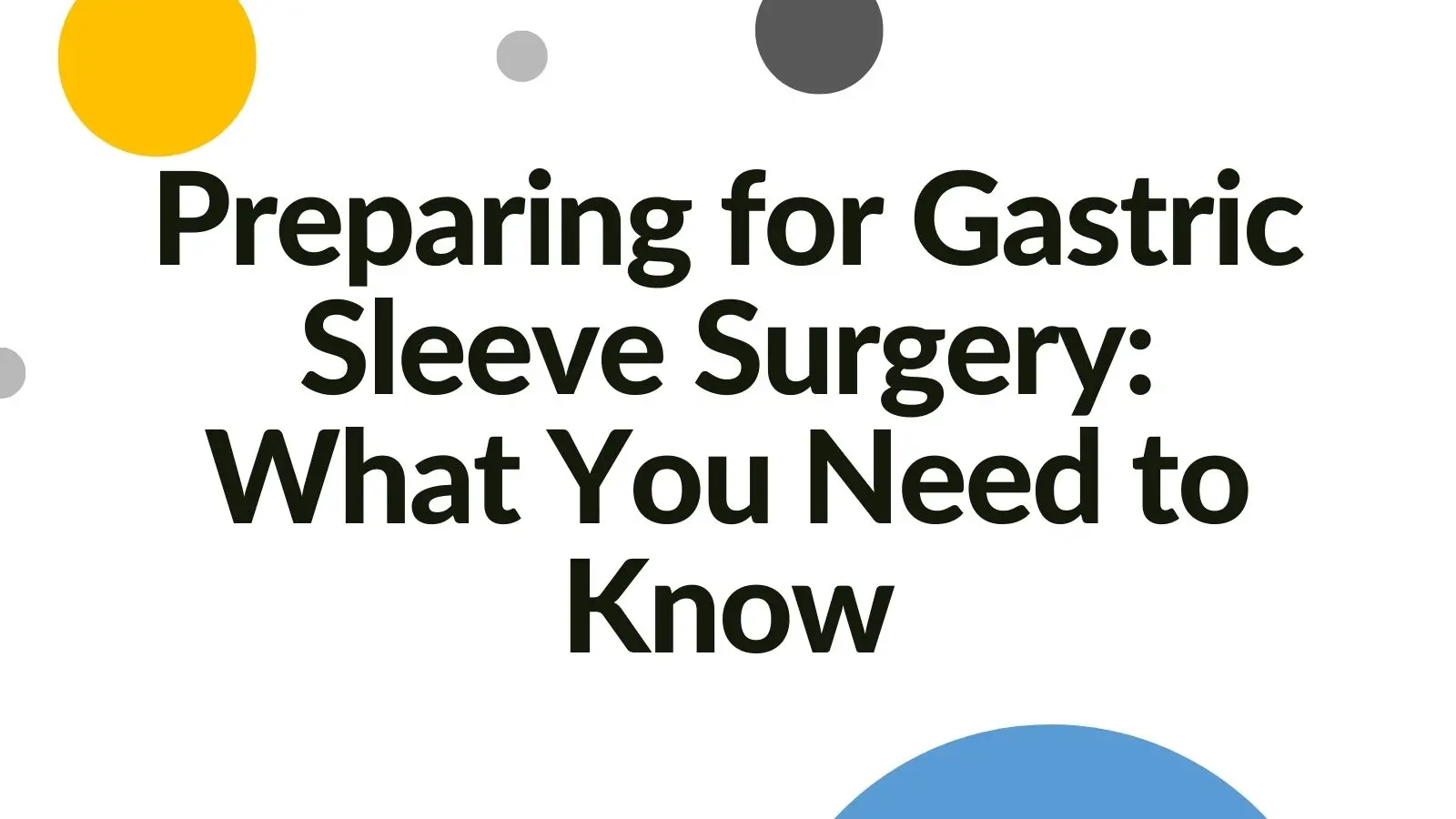
Gastric bypass surgery offers an effective solution to obese individuals looking for long-term, sustainable weight loss. While the surgery itself is usually completed within a day, the preparatory steps before (and after) the operation are just as essential in ensuring that the process is safe, successful, and long-lasting.

Gastric sleeve surgery is a highly effective weight loss procedure, used to help those with obesity and comorbid health concerns to lose weight and lead a healthy, balanced life. The procedure is designed to decrease the size of the stomach to about 15% of its original size, resulting in drastically reduced room for food, and a lower likelihood of overeating.

Discover the array of benefits gastric sleeve surgery offers beyond weight loss, including improved quality of life and healthier eating.

Dealing with GERD after undergoing gastric sleeve surgery can be both uncomfortable and challenging, especially during the post-surgery recovery process. However, we'll go through the background connection between gastric sleeve surgery and GERD, the risks that GERD can have on your health, and finally how you can prevent it.

There are many common misconceptions about gastric sleeve surgery out there. Many people think it’s simply a surgery to make your stomach smaller, which results in you eating less food and therefore losing weight in the process. While, of course, there’s some truth to this, it doesn’t tell the full story.





